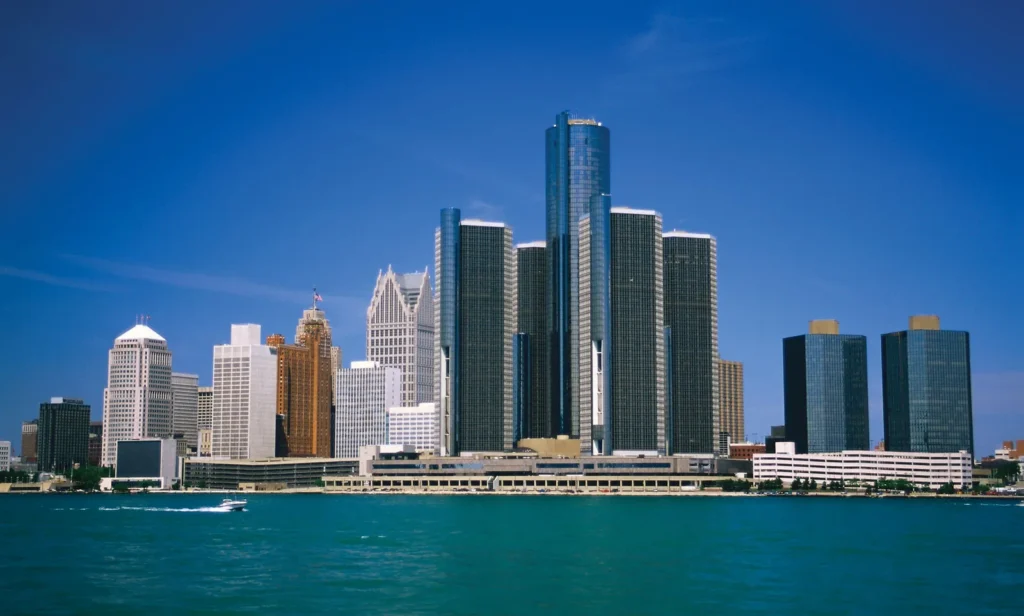Once the undisputed leader in the U.S. cannabis market, California now faces competition from an unexpected rival: Michigan. As Michigan approaches the five-year mark of legal recreational marijuana sales, it has surpassed California in certain key metrics, according to data from cannabis market intelligence firms shared with the Detroit Free Press.
Since December 2022, Michigan has consistently sold more total grams of cannabis flower and other cannabis products across both the recreational and medical sectors compared to California. This information, tracked by BDSA, a leading cannabis market intelligence firm, is based on sales data collected from a panel of participating cannabis retailers.
Moreover, data from another market intelligence firm, Headset, indicates that Michigan has been leading in unit sales since June 2023. In May, Michigan reported sales of 24.2 million units (such as pre-rolled joints, jars of flower, or packs of gummies), significantly outpacing California’s 17.3 million units.
Despite these substantial unit sales, Michigan’s cannabis market hasn’t been widely recognized as surpassing California because traditional comparisons often focus on dollar sales rather than unit or volume metrics. In terms of revenue, California remains ahead, with $5.1 billion in recreational marijuana sales in 2023, compared to Michigan’s $3 billion.
The disparity in revenue despite higher unit sales in Michigan is largely attributed to pricing differences. Cannabis products in Michigan are generally cheaper than those in California, allowing consumers to purchase more for less money. This results in Michigan’s consumers buying more products, yet the total revenue remains lower because of the lower prices.
“Operating costs and high taxes make doing business in California particularly expensive,” explained Michael Arrington, a principal analyst at BDSA, during a market forecast webinar in March. These factors contribute to the higher prices for legal cannabis products in California.
California officials also recognize that illegal cannabis sales pose a significant challenge to the legal market. Many municipalities in the state prohibit recreational marijuana businesses, which often drives consumers to the illicit market where prices are lower.
In contrast, Michigan has seen a significant drop in cannabis prices since the onset of recreational sales, primarily due to an oversupply. While this benefits consumers with lower costs, it squeezes the profit margins for retailers.
For example, in April, Michigan sold 56.8 million equivalent units of cannabis products, compared to California’s 44.6 million units, according to BDSA data. These equivalent units represent the total amount of cannabis sold, regardless of how it’s packaged or consumed.
The data from BDSA and Headset, although slightly different in their unit sales figures, consistently show Michigan surpassing California in recent months. Michigan first overtook California in unit sales in December 2022 and has maintained its lead in several subsequent months, including February and March of this year.
This trend is particularly notable given that Michigan’s recreational cannabis market is much younger than California’s and serves a population roughly one-fourth the size of California’s. Michigan’s rapid growth highlights the state’s significant impact on the national cannabis landscape, challenging the long-held dominance of California’s market.
“Michigan Surpasses California As the Top Cannabis Market in the U.S. by Sales Volume.” Www.Freep.Com, 17 Jun. 2024, www.freep.com/story/news/marijuana/2024/06/13/michigan-overtakes-california-as-top-cannabis-market-by-sales-volume/74059181007/. Accessed 17 Jun. 2024.

